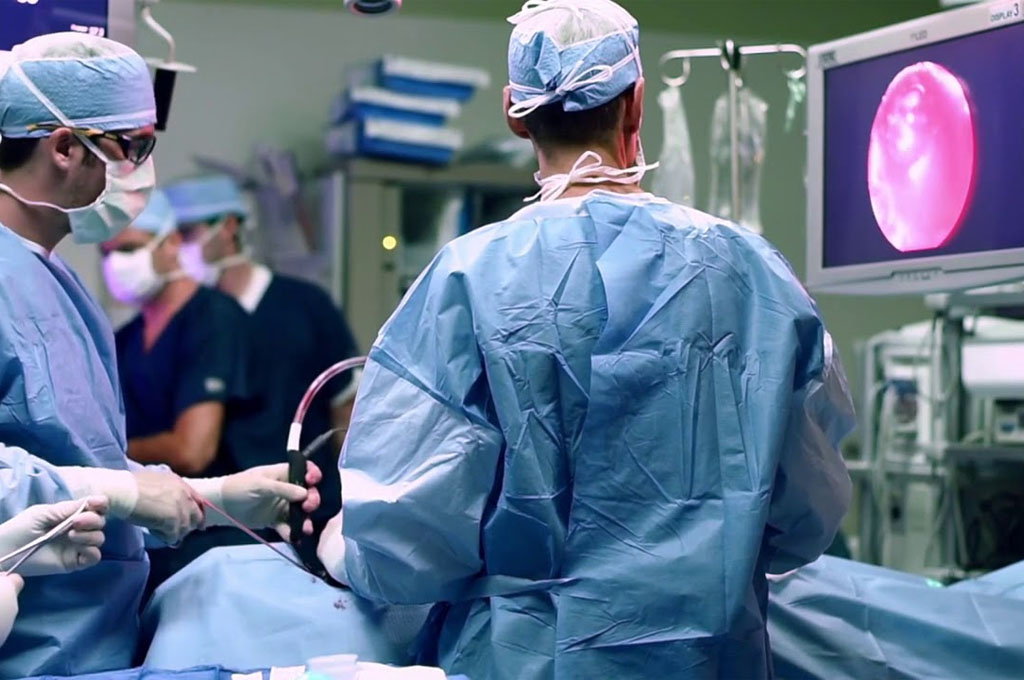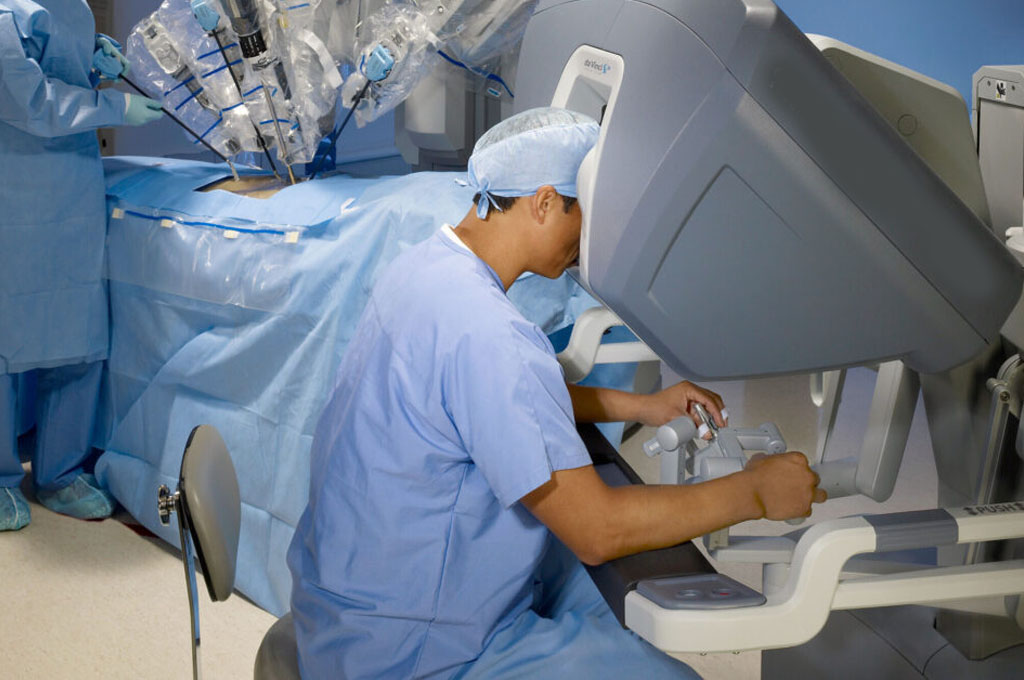
Lung cancer is the most common cancer worldwide and the leading cause of cancer-related deaths globally. In India, it ranks as the second most common cause of cancer death in both men and women.
While traditionally linked to smoking, even non-smokers are at risk—making awareness and early evaluation critical.
You may be at higher risk if you have:
Early lung cancer can be silent—but these warning signs should not be ignored:
Don’t ignore a lingering cough or breathlessness. Early evaluation can be lifesaving.
If you present with symptoms, I follow a clear diagnostic pathway:
If you present with symptoms, I follow a clear diagnostic pathway:
Rarely detected incidentally
Best treated with surgical removal of the affected lung segment (lobectomy/segmentectomy)
May be followed by adjuvant therapy
Most patients are diagnosed at this stage
Curative intent: chemoradiotherapy
In incurable/metastatic stages:
Immunotherapy, targeted therapy, or chemotherapy based on molecular profile
Personalized treatments based on gene mutations (EGFR, ALK, ROS1, etc.) have revolutionized outcomes.
Minimally Invasive Thoracic Surgery
Gone are the days of large, painful chest incisions. Today, we perform lung surgeries with cutting-edge techniques:


Proven benefits: Precision, safety, reduced complications, and quicker healing
Don’t wait. Lung cancer is treatable—even at advanced stages—with modern therapy and minimally invasive techniques.
Surgical Oncologist | Robotic & VATS Thoracic Surgeon
Book your consultation today for early evaluation, advanced treatment options, and compassionate care.
Contact
